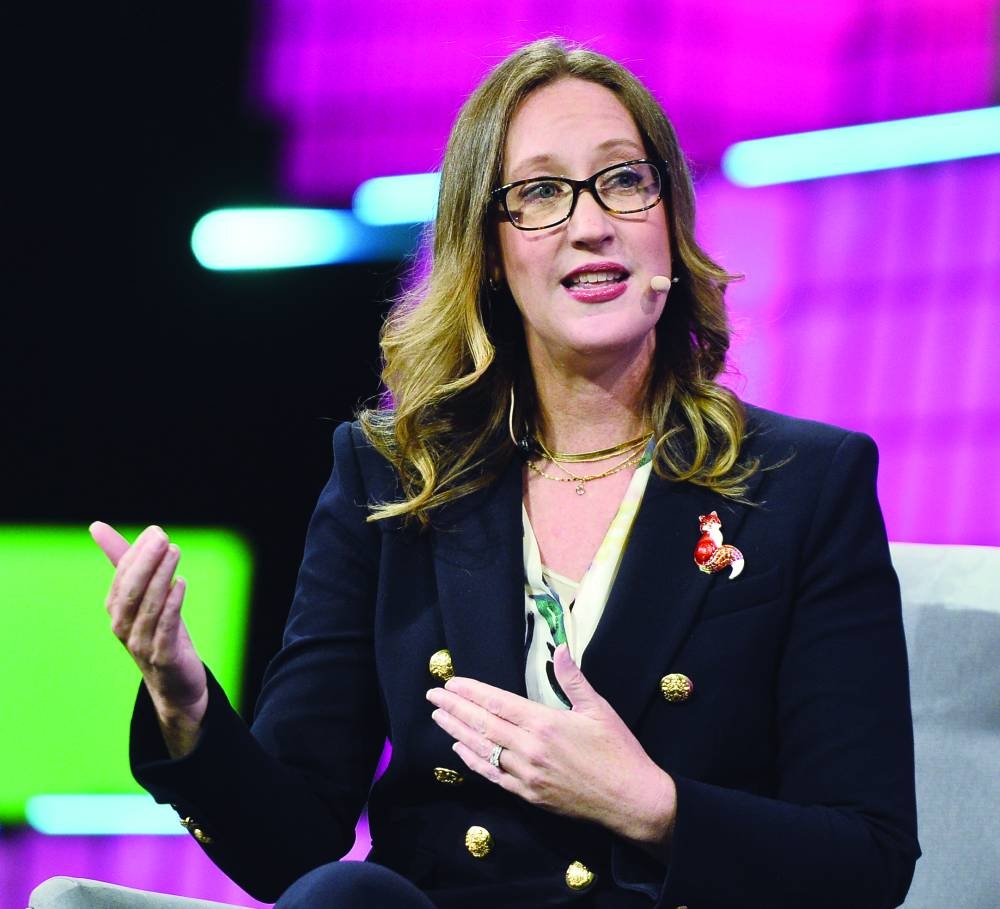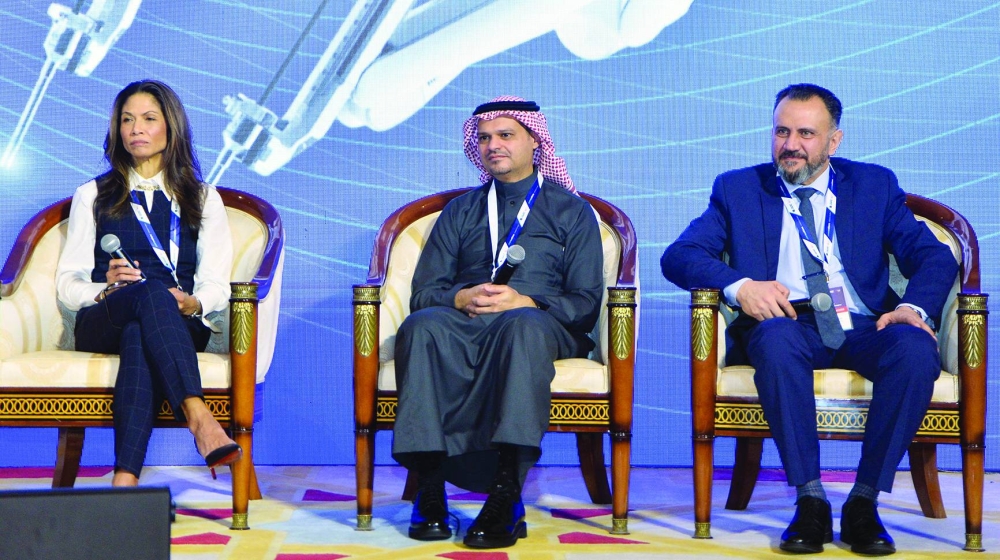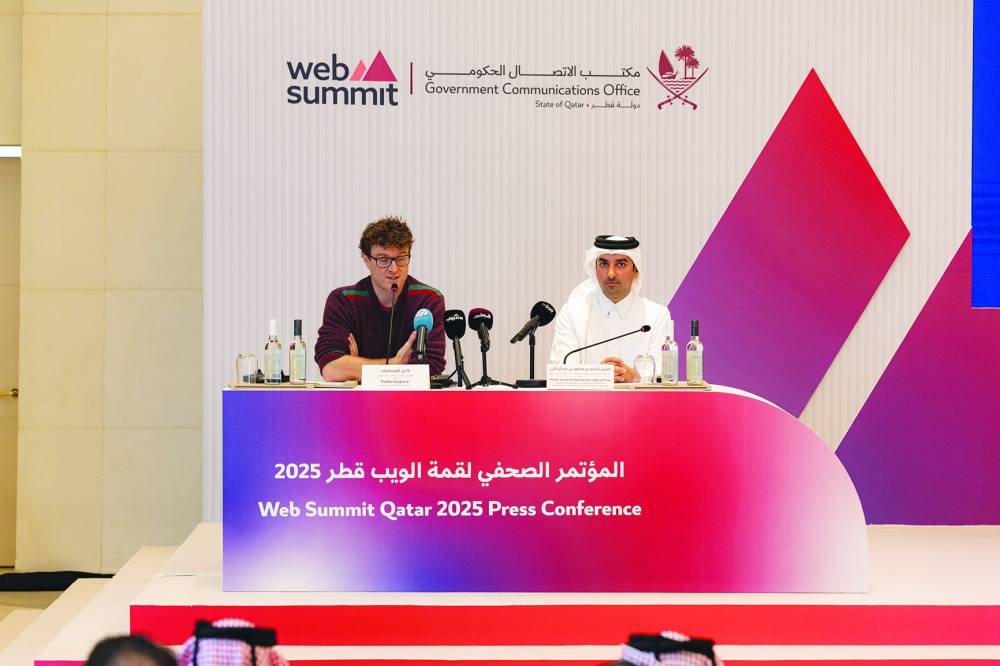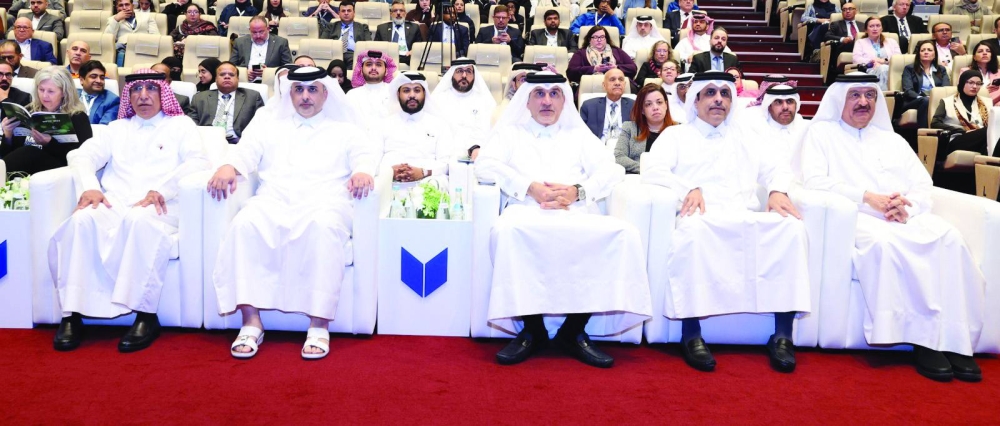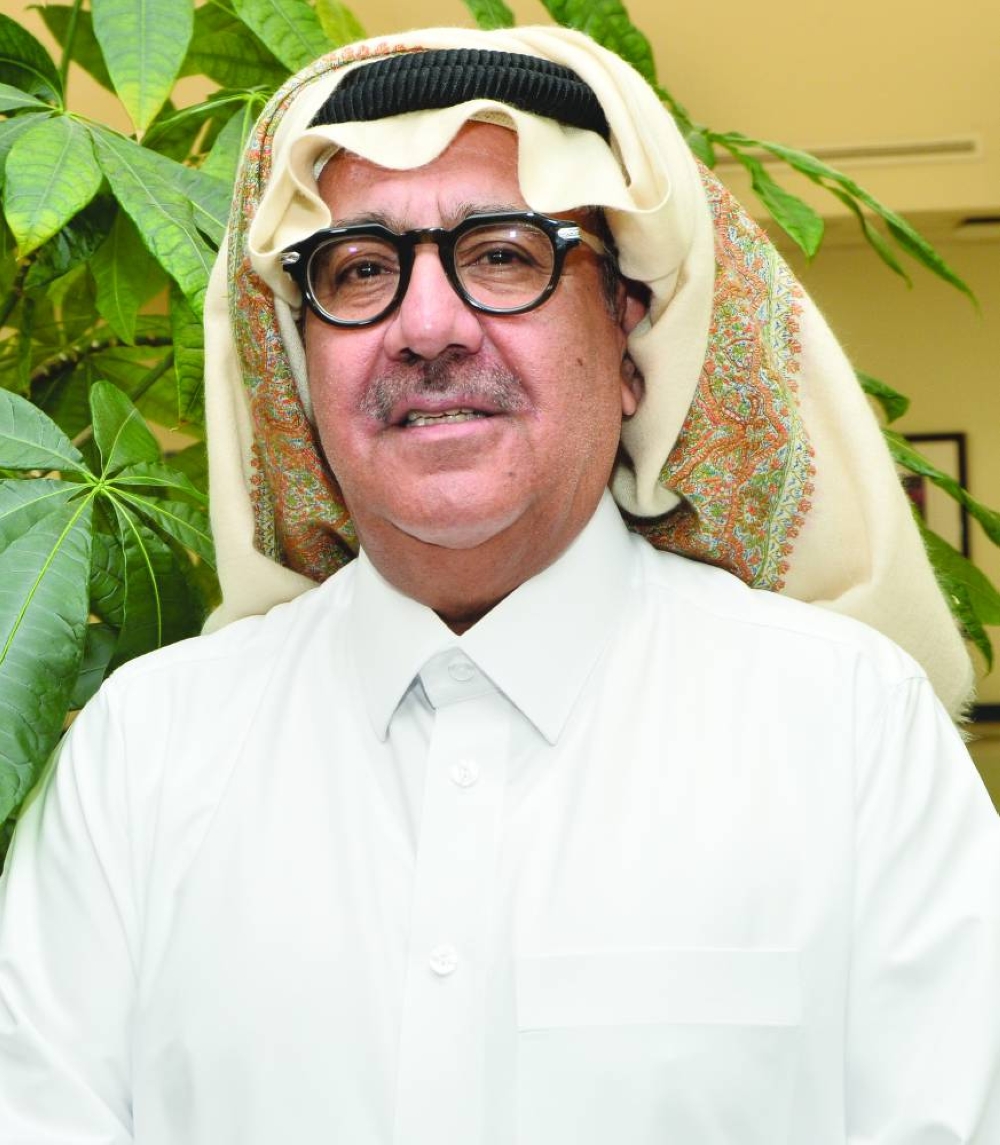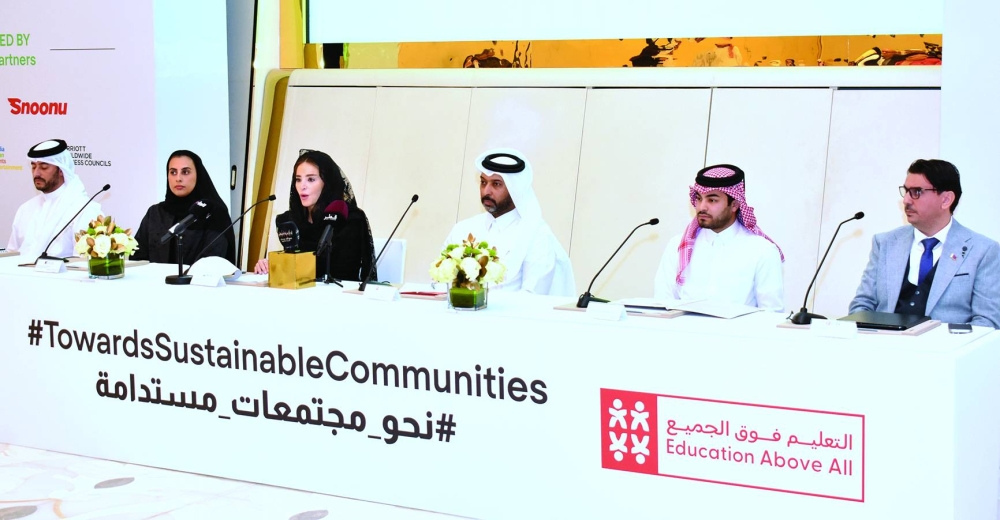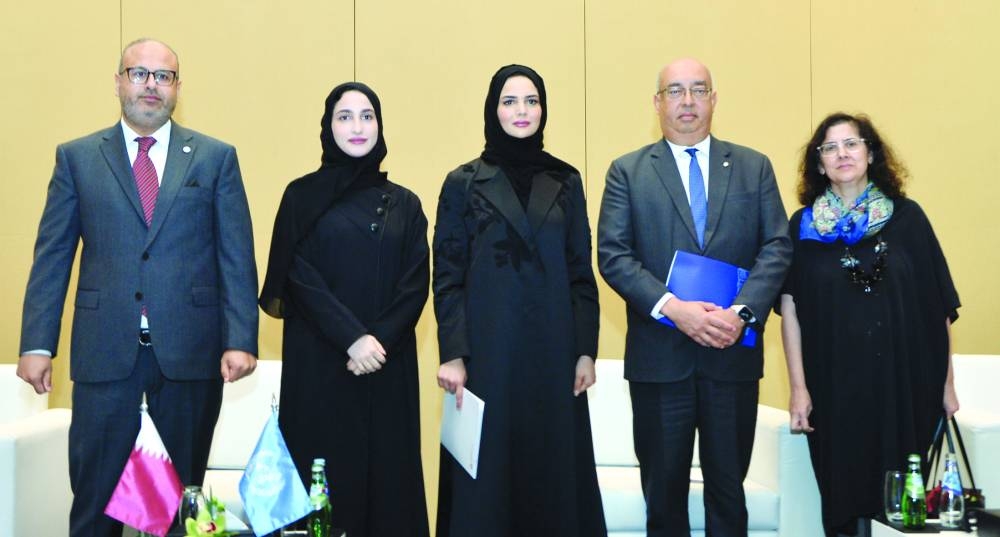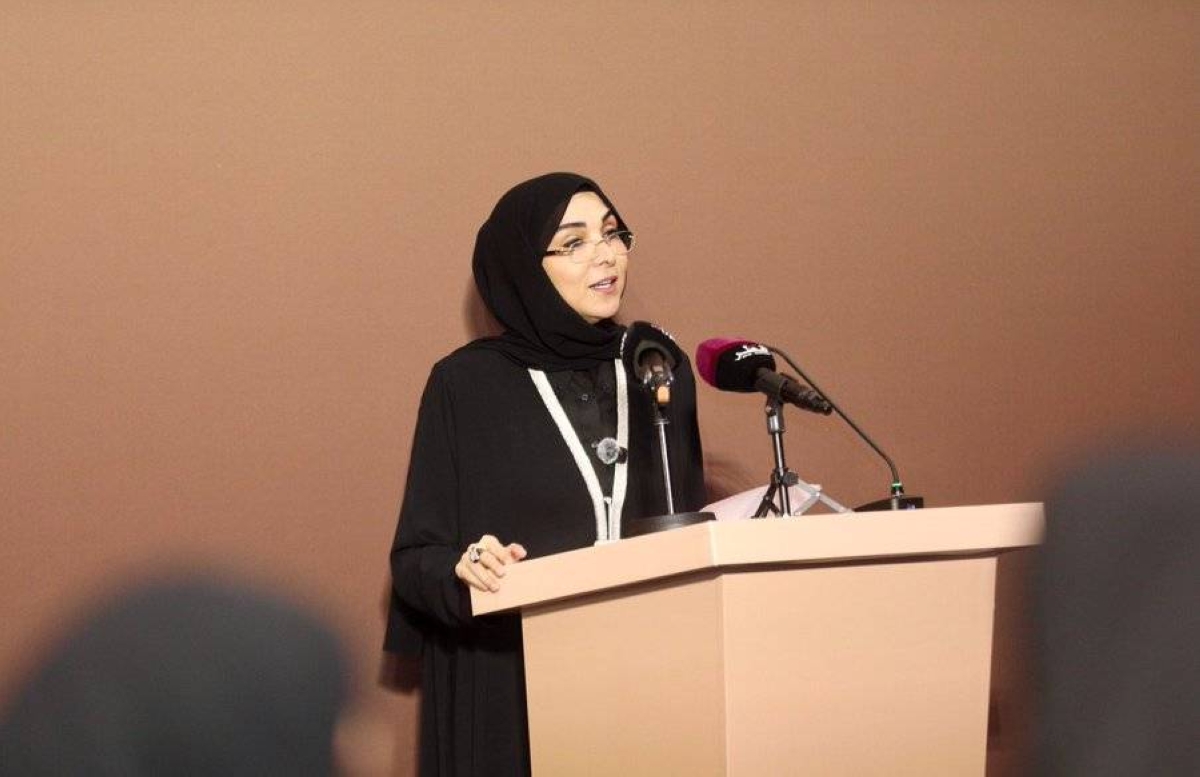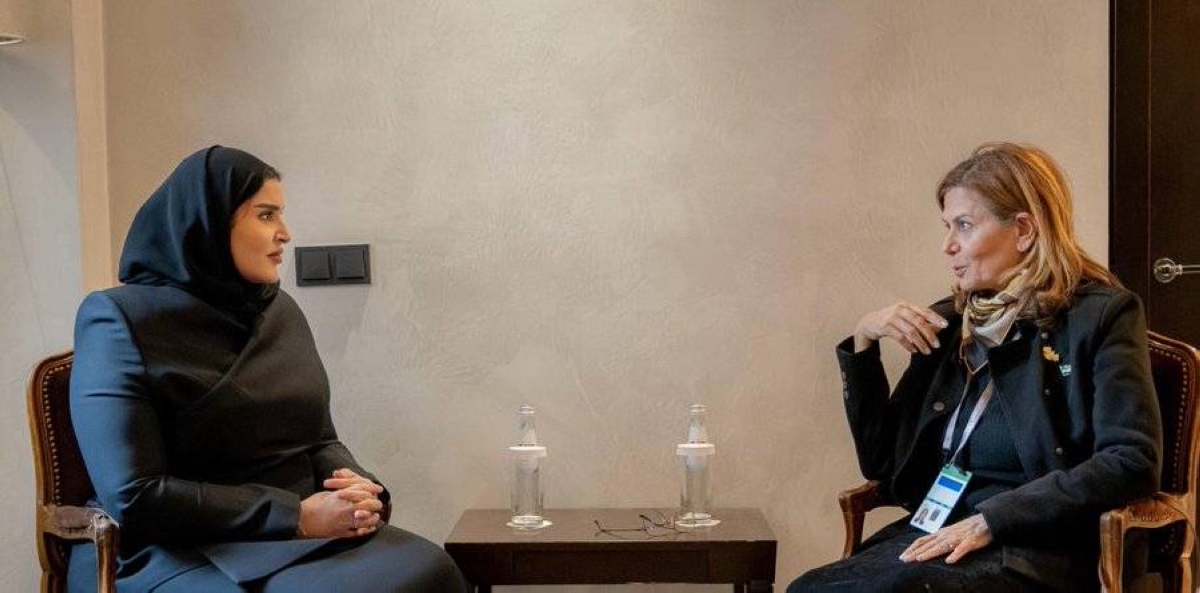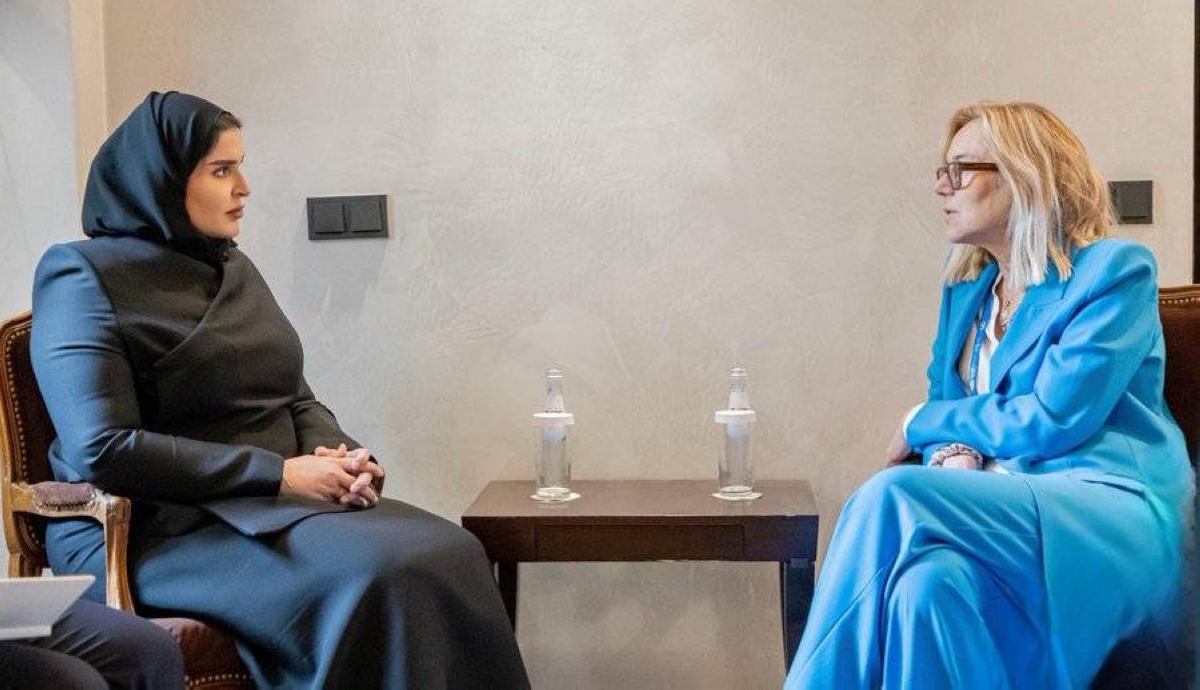Augment, a next-generation online business school, is offering an “MBA alternative” taught by world-class founders and chief executives, and for a much lower cost.“Augment is a new type of MBA that is designed specifically for entrepreneurs and people who work, and where you can learn directly from some of the greatest entrepreneurs, founders and operators on the planet,” Augment co-founder and chief executive Ariel Renous told Gulf Times. “We are talking about the founders of companies like YouTube, Amazon, Wikipedia, Waze, and many more.”He noted that Augment is not an accredited MBA programme but an MBA alternative."It is for people who don't need the piece of paper but who want to get the skills,” he said. “The participants learn really practical business advice covering all the MBA range of topics.”“Topics include sales, entrepreneurship, marketing, innovation, leadership, strategy, accounting, finance, among others,” Renous added.“You learn them based on real examples from real companies and from real people who have done it,” he explained. “We teach business skills. Basically, we replicate the MBA curriculum, but we make it super short, super quick and you can do it at your own pace and convenience.”“We are building the MBA for the 99% of the population who do not want to spend two years, spending large amount of money but still need the business skills,” Renous said.“Augment costs less than 1% of a traditional MBA and is fully online and self-paced,” he said. “The fee for the entire course is about $2,450 and provides lifetime access to the course content and all the different modules as well as access to the community, because community is also super important.”“We are not replacing business schools,” Renous added. “We are bringing business schools to many more people.”Founded in 2022, Augment already has 2,000 students and alumni worldwide, including tech executives, founders, and career changers."The majority of our students are from the US,” Renous noted. “About 15% of them are from the Middle East, and about 4% of the total student population is from Qatar."Beyond the coursework, Augment offers an alumni network with mentorship, networking, and in-person meetups.Augment courses feature instructors like Jimmy Wales of Wikipedia, Steve Chen of YouTube, Ann Hiatt of Google and Amazon, and Uri Levine of Waze.“Our assumption is that we are building a business education for people who work,” Renous said.“If they don't have time, they can complete the programme 20-30 minutes every day, one module, one lesson at a time,” he elaborated. “It is fully self-paced, it is fully online, and you learn from real companies.”“Those who are keen to complete it can do so in 5-6 months,” Renous added.

Joseph Varghese
A journalist with a penchant for reporting events, Joseph Varghese digs deep to unearth facts. With several years of experience, including at Gulf Times, Joseph handles health, science and technology, IT and education in addition to everyday developments.
Most Read Stories
4


